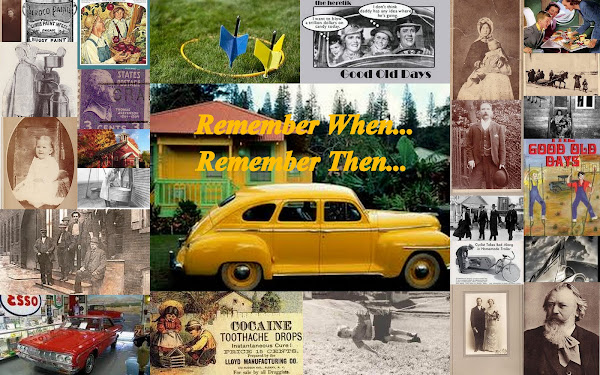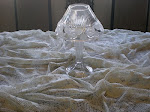Guthrie Writes "This Land is Your Land"
Folk singer Woody Guthrie writes one of his best-known songs, "This Land is Your Land."
Born in Okemah, Oklahoma, in 1912, Guthrie lived and wrote of the real West, a place of hard-working people and harsh environments rather than romantic cowboys and explorers. Though he was a son of a successful politician and businessman, during his early teens his mother fell ill and the family split apart. For several years, Guthrie spent his summers working as a migrant agricultural laborer. When he was 15, he left home to travel the country by freight train. Among his meager possessions were a guitar and harmonica. Guthrie discovered an eager audience among the hobos and migrant workers for the country-folk songs he had learned in Oklahoma.
In 1937, he traveled to California where he hoped to become a successful western singer. He appeared on several West Coast radio shows, mostly performing traditional folk songs. Soon, though, he began to perform his own pieces based on his experiences living among the vast armies of the poor and dispossessed created by the Great Depression. While in California he also came into contact with the Communist Party and became increasingly sympathetic to its causes. Many of his songs reflected a strong commitment to the common working people, and he became something of a musical spokesman for populist sentiments.
"This Land is Your Land," reflected not only Guthrie's support for the common folk, but also his deep love for his country. The verse celebrated the beauty and grandeur of America while the chorus drove home the populist sentiment that the nation belonged to all the people, not merely the rich and powerful. Probably the most famous of his more than 1,000 songs, "This Land is Your Land" was also one of his last. Later that year Guthrie moved to New York where his career was soon after interrupted by World War II. After serving in the Merchant Marines, he returned to New York, where he continued to perform and record his old material, but he never matched his earlier prolific output.
Guthrie's career was cut short in 1954, when he was struck with Huntington's Disease, a degenerative illness of the nervous system that had killed his mother. His later years were spent in a New York hospital where he received visitors like the adoring young Bob Dylan, who copied much of his early style from Guthrie. Guthrie died in 1967, having lived long enough to see his music inspire a whole new generation and "This Land is Your Land" become a rallying song for the Civil Rights movement.







































